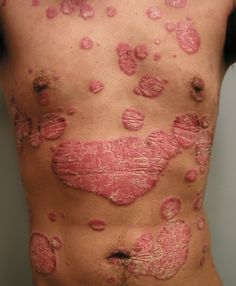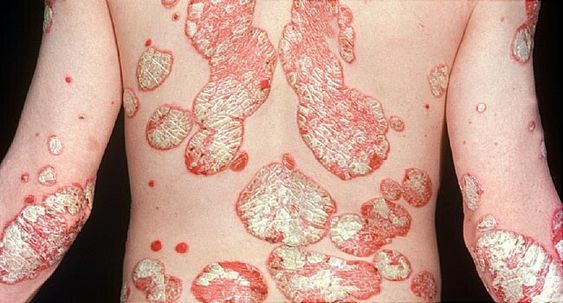Psoriasis is a chronic, immune-mediated skin condition that accelerates the life cycle of skin cells, leading to the formation of scales and red patches. While it isn’t contagious, it can significantly impact a person’s quality of life due to its appearance and symptoms. Characterized by inflammation, itchiness, and often pain, psoriasis has various forms that affect the skin differently and can range from mild to severe.
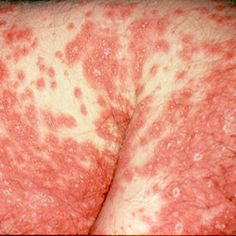
### Causes and Risk Factors
Psoriasis is considered an autoimmune disorder, where the immune system mistakenly attacks healthy skin cells. This abnormal immune response speeds up the process of skin cell turnover, resulting in the rapid buildup of cells on the skin’s surface, forming scales. While the exact cause of psoriasis remains unclear, it’s thought to be related to a combination of genetic and environmental factors. If one or both parents have psoriasis, the risk of developing it increases, as certain genes are linked to the condition.
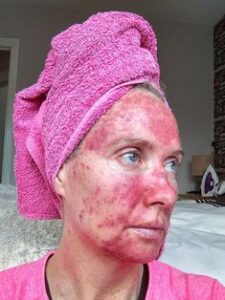
Environmental factors that can trigger or exacerbate psoriasis include stress, skin injuries, infections, and certain medications. Lifestyle choices, such as smoking and alcohol consumption, are also known to worsen symptoms. Additionally, cold and dry weather conditions can lead to flare-ups, as they dry out the skin and exacerbate irritation.
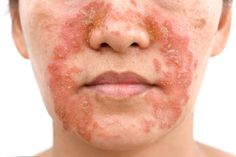
### Types of Psoriasis
There are several types of psoriasis, each with distinct symptoms:
1. **Plaque Psoriasis**: This is the most common form, affecting about 80-90% of those with psoriasis. It appears as raised, red patches covered with silvery-white scales, often on the elbows, knees, scalp, and lower back.
2. **Guttate Psoriasis**: More common in children and young adults, this type manifests as small, dot-like lesions. It’s often triggered by bacterial infections, such as strep throat.
3. **Inverse Psoriasis**: Occurring in skin folds like the armpits, groin, and under the breasts, this type causes smooth, red lesions that worsen with friction and sweating.
4. **Pustular Psoriasis**: This type is marked by white pustules (blisters of noninfectious pus) surrounded by red skin. It’s most common in adults and can be limited to certain areas or cover large portions of the body.
5. **Erythrodermic Psoriasis**: A rare but severe form, it causes widespread redness, severe itching, and pain. This type requires immediate medical attention as it can disrupt the body’s ability to regulate temperature.
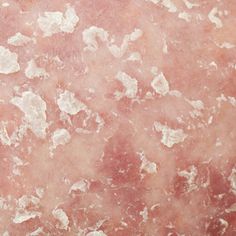
### Symptoms and Complications
Psoriasis symptoms vary depending on the type but commonly include red patches, silvery scales, dry and cracked skin that may bleed, itching, burning, and soreness. The severity can range from minor patches in a limited area to widespread outbreaks that cover large parts of the body. Psoriasis often goes through cycles of flare-ups and remission.
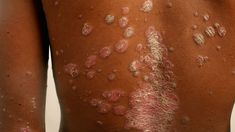
Beyond the physical symptoms, psoriasis can lead to emotional stress, especially if it’s visible on areas like the face and hands. Many people with psoriasis also experience depression, anxiety, and social isolation. Another potential complication is psoriatic arthritis, a condition that affects some people with psoriasis and causes joint pain, stiffness, and swelling. If left untreated, psoriatic arthritis can lead to joint damage and decreased mobility.
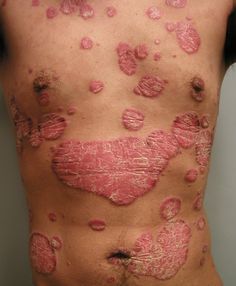
### Treatment Options
There’s currently no cure for psoriasis, but several treatments can help manage the symptoms and improve quality of life. Topical treatments, including corticosteroids, vitamin D analogs, and retinoids, are often used for mild to moderate cases. Light therapy, or phototherapy, exposes the skin to controlled amounts of natural or artificial UV light, slowing cell turnover. For moderate to severe psoriasis, systemic medications such as methotrexate, cyclosporine, and biologics that target specific parts of the immune system may be prescribed.
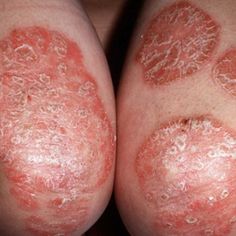
Lifestyle adjustments also play a role in managing symptoms. Keeping the skin moisturized, avoiding known triggers, reducing stress, and maintaining a balanced diet can help reduce flare-ups. Regular exercise and quitting smoking can also benefit overall health and improve symptoms.
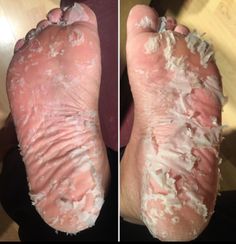
### Living with Psoriasis
Living with psoriasis requires a proactive approach to managing triggers and symptoms. Because the condition can be physically and emotionally challenging, many people find support groups and counseling beneficial. Research continues to explore new treatments, and with advancements in biologics and personalized medicine, the outlook for those with psoriasis is improving, providing hope for better management options and, eventually, a cure.
